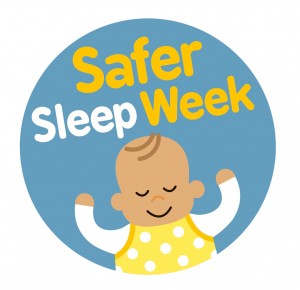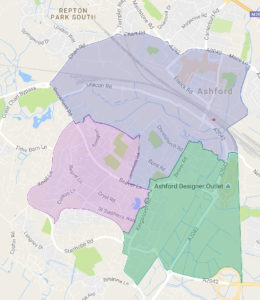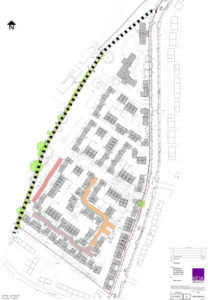 Some parents choose to bed-share with their babies. This means that their baby shares the same adult bed for most of the night, and not just to be comforted or fed. It is important for you to know that there are some circumstances in which this can be very dangerous.
Some parents choose to bed-share with their babies. This means that their baby shares the same adult bed for most of the night, and not just to be comforted or fed. It is important for you to know that there are some circumstances in which this can be very dangerous.
Bed sharing increases the chance of SIDS and is particularly dangerous if:
- Either you or your partner smokes (even if you do not smoke in the bedroom)
- Either you or your partner has drunk alcohol or taken drugs (including medications that may make you drowsy)
Similarly, bed sharing with a baby of low birth weight (2.5kg or 51/2lbs or less) or a premature baby (37 weeks or less) is strongly linked to an increased risk of SIDS.
You should never sleep together with your baby if any of the above points apply to you, or even if you just feel very tired. You must be especially careful when giving feeds that you are not in a position where you could both fall asleep in the bed, an armchair or on the sofa together.
Parents may still choose to bed-share with their baby. If this is your choice, it is important that you are informed about how to minimise the risks. It is important to note that a high proportion of infants who die as a result of SIDS are found with their head covered by loose bedding. Ensure there are no pillows, sheets, blankets or any other items in the bed with you that could obstruct your baby’s breathing or cause them to overheat.
Never sleep on a sofa or in an armchair with your baby
This is one of the most high risk situations for your baby. Studies have found that sharing a sofa or armchair with a baby whilst you both sleep is associated with an extremely high risk of SIDS. One study found that approximately one-sixth of infants in England and Wales who died of SIDS were found sleeping with an adult on a sofa.
Make sure that you do not accidentally fall asleep with your baby on a sofa. If you think you might fall asleep, put the baby down in a safe place to sleep. If you are breastfeeding, have your partner stay up with you, breastfeed in a different position where you are confident you might not fall asleep, or feed the baby somewhere else.
#safersleepweek
The Lullaby Trust, ‘Safer Sleep for babies: a Guide for Parents’,
www.lullabytrust.org.uk/bedsharing




 Developer Chartway Group, with Orbit Homes, have submitted a detailed planning application to Ashford Borough Council (ABC) for the construction of 160 homes on the site of Ashford College in Jemmett Road.
Developer Chartway Group, with Orbit Homes, have submitted a detailed planning application to Ashford Borough Council (ABC) for the construction of 160 homes on the site of Ashford College in Jemmett Road.